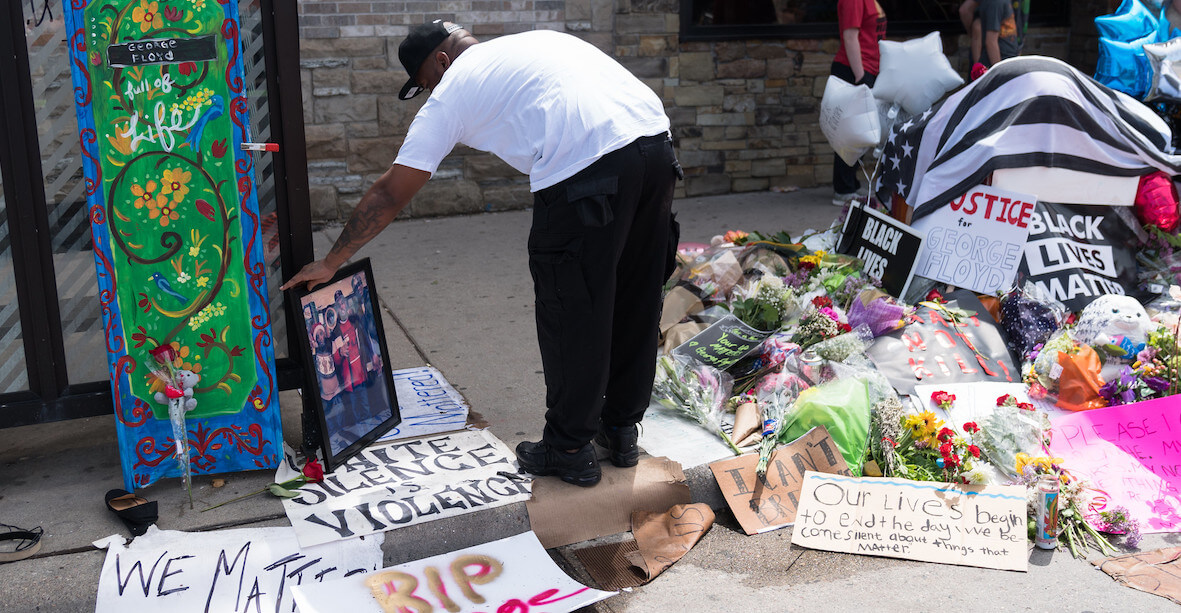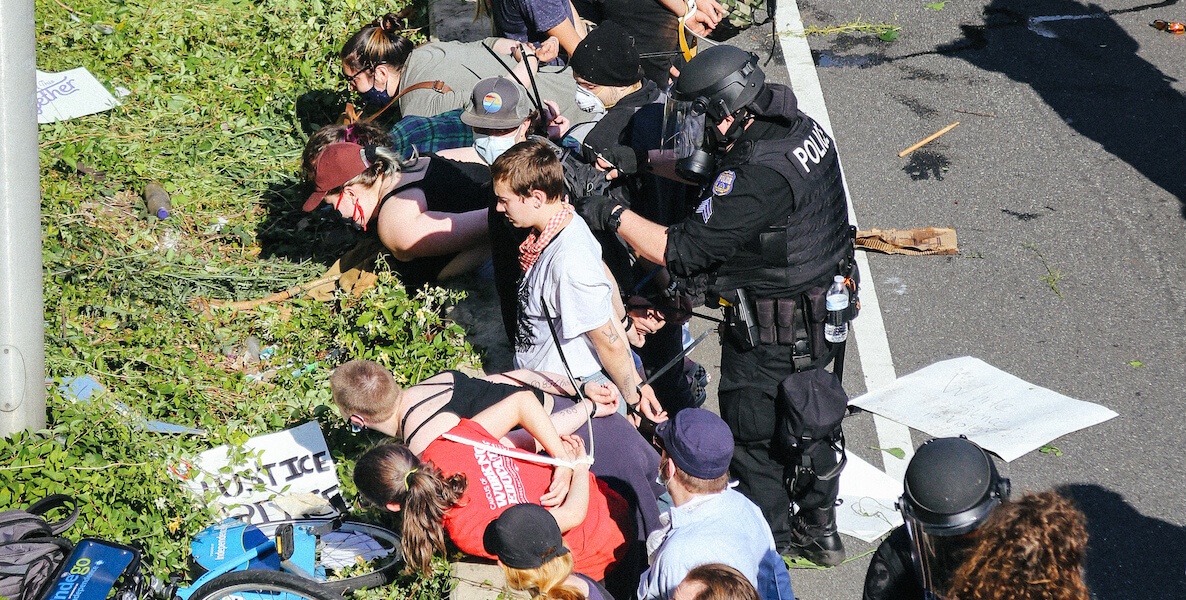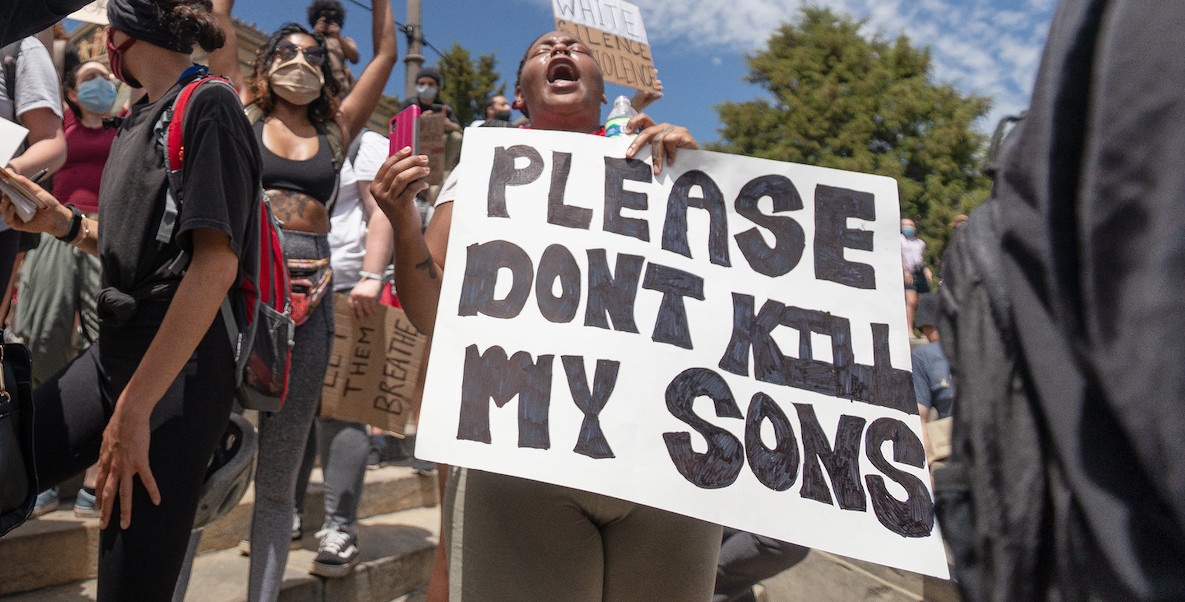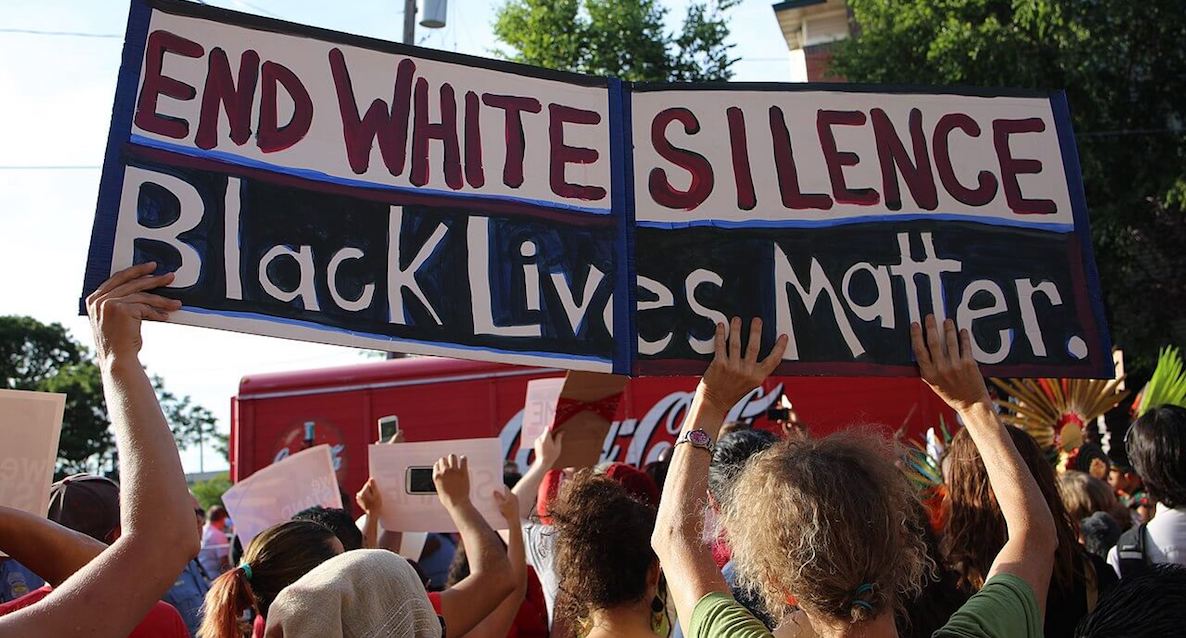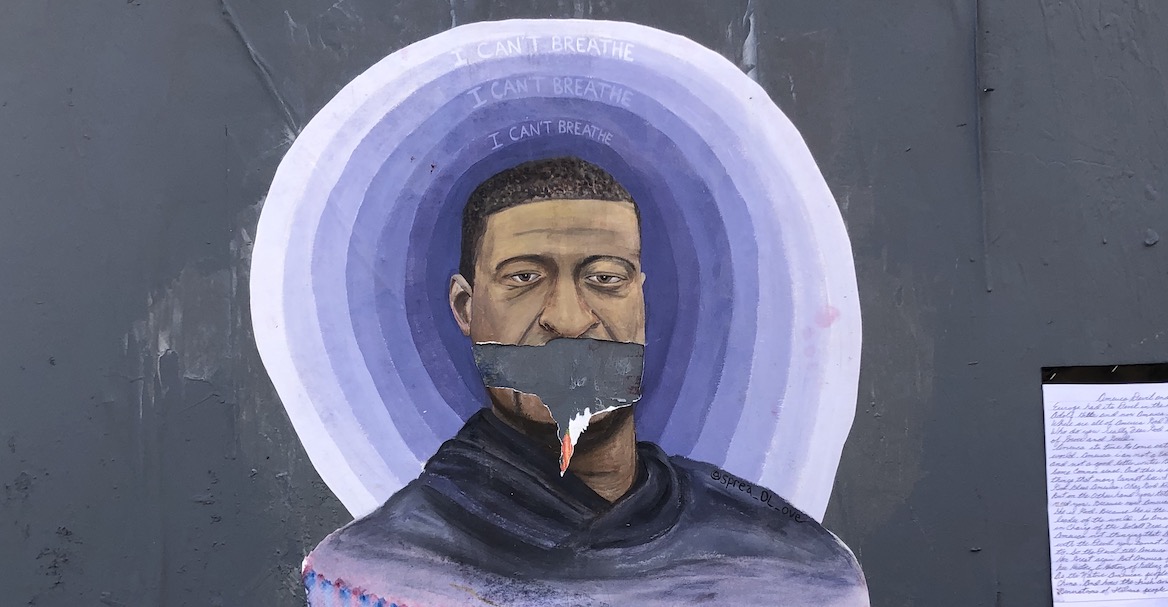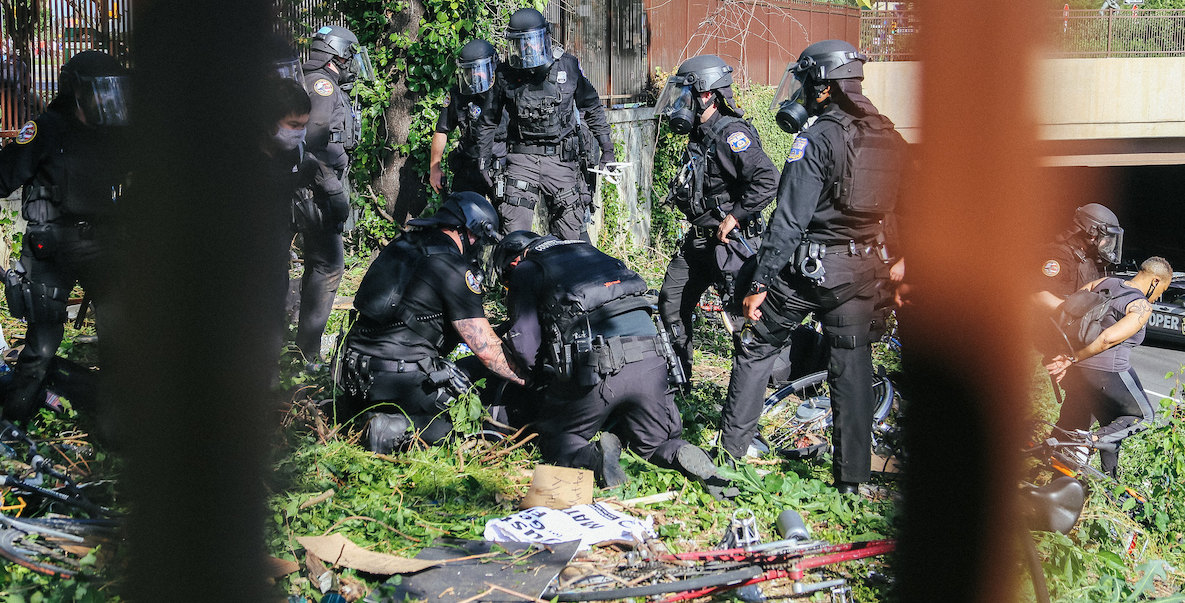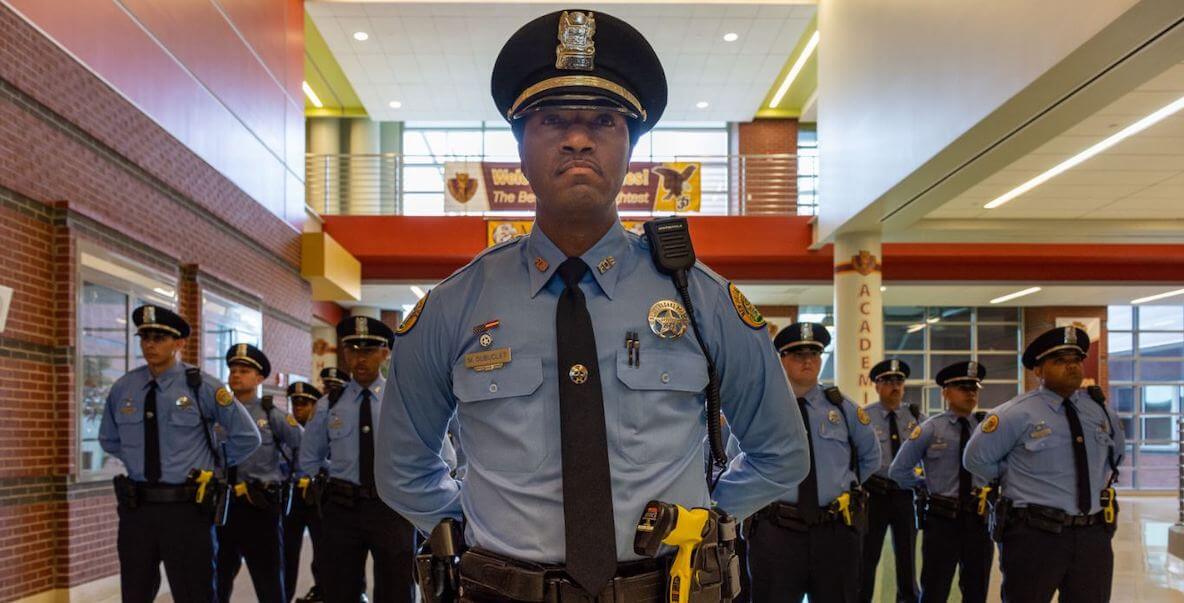![]() Every big city mayor, hand forced in the moment, has to act big. In Philadelphia, that act is Groundhog Day. Pushed publicly to do something dramatic—in the wake of George Floyd, Philly police violence and nearly two weeks of restless protest—Mayor Jim Kenney announced Tuesday a brand new permanent civilian oversight commission.
Every big city mayor, hand forced in the moment, has to act big. In Philadelphia, that act is Groundhog Day. Pushed publicly to do something dramatic—in the wake of George Floyd, Philly police violence and nearly two weeks of restless protest—Mayor Jim Kenney announced Tuesday a brand new permanent civilian oversight commission.
The problem: This isn’t anything new. Philly has had a civilian police oversight commission for nearly 30 years. Kenney himself just re-invented and re-branded it three years ago—basically doing the exact same thing he’s doing right now.
Hat tricks.
When President Obama recently offered a somewhat soft-response and non-binding “police use of force” pledge for mayors to follow as protests rocked big city streets, Philadelphia’s Jim Kenney was quick to jump on the bandwagon.
“We have heard their cries loud and clear,” Kenney tele-prompted in a brief Twitter snippet responding to Philly protesters already bruising from the tear-gassing and baton-swinging of cops going extra. “While Philadelphia is already taking some of the steps recommended by the respective groups … We know there is always room for improvement. We look forward to working with our community to begin this process of real change and real healing.”
But, if City Hall is truly “taking steps” to address concerns, why has it, for nearly three decades, all but completely discarded its Police Advisory Commission?
If you were to conduct a citywide poll asking residents if they knew a Police Advisory Commission already existed in Philadelphia, you would come up short. Which presents a theatrical political opportunity for Kenney to offer this latest proposal as something fresh. The vast majority of Philly residents, laughably, don’t know. Other policymakers in Philly didn’t even mention it.
![]() Bad enough, the title hasn’t been all that inviting to residents concerned about police accountability, so a facelift is probably overdue. It’s one reason residents aren’t all that involved to this day. “Police Advisory Commission” sounds like something, well … very police-run: It’s not invoking anything that suggests it was created as a civilian review board, which was the initial mission of the Coalition of Police Accountability (CPA) back in the early 1990s when more than two dozen community groups teamed up to push for it.
Bad enough, the title hasn’t been all that inviting to residents concerned about police accountability, so a facelift is probably overdue. It’s one reason residents aren’t all that involved to this day. “Police Advisory Commission” sounds like something, well … very police-run: It’s not invoking anything that suggests it was created as a civilian review board, which was the initial mission of the Coalition of Police Accountability (CPA) back in the early 1990s when more than two dozen community groups teamed up to push for it.
That grueling effort finally came to fruition in 1994—but not before it was dragged through police union legal challenges and a beleaguered City Council overriding then-Mayor Ed Rendell’s veto against establishing it.
Kenney himself should know that history well since he was an up-and-coming at-large councilmember at the time. And he did wage his ultimately successful first bid for mayor in 2015 on an ambitious criminal justice reform platform that managed to build a multi-racial coalition that out-maneuvered State Senator Anthony Williams.
One key element he touted back then was to not only strengthen the PAC, but to fully fund it. Two years into his first term, he was off to a strong start with an executive order that “reestablished” the PAC.
“As part of its responsibility to conduct investigations, the Commission will focus on systemic issues in the Department or within a police district,” was a statement from 2017. “PAC retains the power to subpoena and conduct investigations under this executive order. In addition to conducting these investigations and upholding the other two primary responsibilities outlined previously, the Commission will also produce a public annual report setting out its material accomplishments and recommendations from the preceding year.”
See, sound familiar? Funding was increased by $150,000 along with a 50 percent increase in paid staff and 13 commission members.
Philly has had a civilian police oversight commission for nearly 30 years. Kenney himself just re-invented and re-branded it three years ago—basically doing the exact same thing he’s doing right now.
Five years, one pandemic and a week of police violence-triggered unrest later, are we talking about the same PAC? Do we even know who sits on the board? In 2020, in his post-pandemic budget, Kenney actually proposed defunding it—by nearly 20 percent. He proposed a $23 million increase for the Philadelphia Police Department while slicing the PAC’s annual budget just over half-a-million, down from its current $668,700. Even before the protests, that seemed painfully tone deaf for a mayor who paints himself as an urban progressive.
In a rushed about-face to make it seem like something’s being done, he’s rescinded that proposed increase, and is now all about a civilian oversight commission.
But, what happened to the one you’ve already got?
Kenney might argue that subpoena power is what’s different or fundamentally radical about this latest iteration, and that it’s completely independent of his office. But … he said that back in 2017. What’s new? Oh, that’s right: the protests.
The proposed deputy inspector general and “equity manager” offer glittery touches—but, that feels like more city budget bureaucratic bloat when you’re already strapped for cash and proposing tax increases while at it. Plus, how will these new positions be supervised? Who controls oversight of them?
![]() Granted, there is an opportunity here to very easily add flesh to the PAC, potentially rebrand it, and use it as a major public forum to solicit residential input. City Councilmembers took a step in that direction this week, when 14 members sent a letter to Mayor Kenney outlining several policy changes they say are needed to ensure police accountability and transparency. That includes “… fully-resourced, independent police oversight, including authority to conduct contemporaneous, independent review of civilian complaints and use-of-force incidents.”
Granted, there is an opportunity here to very easily add flesh to the PAC, potentially rebrand it, and use it as a major public forum to solicit residential input. City Councilmembers took a step in that direction this week, when 14 members sent a letter to Mayor Kenney outlining several policy changes they say are needed to ensure police accountability and transparency. That includes “… fully-resourced, independent police oversight, including authority to conduct contemporaneous, independent review of civilian complaints and use-of-force incidents.”
Kenny might be touting this civilian oversight commission 3.0 as a police reform centerpiece today. But, strangely enough, Kenney as recently as last week didn’t even know what the PAC was up to.
“Well, yeah, it should still be there, I’ll have to look into it and get back to you,” he stuttered when asked about the PAC during a special primary election broadcast on WURD. Did he even know what we were asking? He couldn’t say much about a hastily-planned virtual roundtable later in the week either since, well, he didn’t know much about what’s happening with the PAC overall.
Clearly, the Mayor’s office and citizen review board weren’t talking to each other, as recently as last week. The city board tasked with “helping to improve the relationship between the Police and community” hadn’t yet issued a statement about boiling George Floyd protests until a few hours after its Executive Director Hans Menos was asked about it on WURD’s Reality Check.
A survey of public attitudes on police found nearly 80 percent of Americans “support outside law enforcement agencies conducting investigations of police misconduct.” The appetite is there for a vehicle that vigorously holds cops accountable, so it’s not like it can’t work.
Menos is barely able to stay afloat these days, even without the budget cuts. There are still no planned events on the PAC’s online calendar and the only promotion for that virtual community roundtable was this tweet … a little over four hours before the event started.
Has City Hall ever given the PAC a chance? Clearly not, since the mayor’s office didn’t bother issuing an announcement about the PAC’s first virtual meeting since frayed police-community relations in Philly dropped to new lows.
Do civilian oversight boards work?
They can—if a city like Philadelphia really wants them to. That requires making it truly independent of city law enforcement, not just window-dressing independent. It should also be well-funded enough to carry out oversight and auditing duties.
“Offending police should be held accountable by civilian oversight boards that include some representatives from the communities departments are supposed to serve,” notes the Center for American Progress’ Olugbenga Ajilore. “Civilian oversight promises more equitable policing because it is a process by which non-police community members can regularly provide input into police department operations.”
These days we don’t see much of that happening, which makes the track record on the nearly 200 oversight boards in major cities mixed and largely disappointing. The boards are, unfortunately, vulnerable to political manipulation that’s both unforeseen and deliberate, particularly from police unions and elected officials who are beholden to tough-on-crime voter interests.
Will Kenney’s new civilian oversight commission 3.0 be any different? Will it be protected from that?
After weeks of major protest, we are seeing the call for a viable policy solution: An exhaustive Cato Institute survey of public attitudes on police found nearly 80 percent of Americans “support outside law enforcement agencies conducting investigations of police misconduct, while 21 percent prefer police departments handle such investigations internally.”
The appetite is there for a vehicle that vigorously holds cops accountable, so it’s not like it can’t work.
Most cities, Philly included, refuse to give the model a chance: just six out of 50 big city civilian review boards offer some form of disciplinary action.
Some cities have taken bolder steps.
To reduce the interference, St. Louis’ aldermen voted to give that city’s civilian oversight board subpoena powers and enhanced “minority participation” in 2018, a move made to quell tensions in the metropolitan area where Ferguson’s historic uprising took place. There are early hopes that it could work.
The Denver version attempts to get deeper: It offers a form of oversight, monitoring and investigative auditing that’s much more intensive, even allowing for the sanctioning and discipline of officers. And Phoenix earlier this year passed legislation to form one of the strongest oversight boards in the country, giving the civilian body the power to review, monitor and investigate police complaints and outcomes.
![]() Most cities, Philly included, refuse to give the model a chance: just six out of 50 big city civilian review boards offer some form of disciplinary action, as New Jersey ACLU director Udi Ofer indicated in a 2016 Seton Hall Law Review study. “Building an effective civilian review board is no easy task,” Ofer observes. “It requires a groundswell of community support and a sophisticated understanding of the nuances of civilian oversight. It helps to have a willing mayor, city council (or at least a majority of the council), and police chief. And it takes money and time to get it right.”
Most cities, Philly included, refuse to give the model a chance: just six out of 50 big city civilian review boards offer some form of disciplinary action, as New Jersey ACLU director Udi Ofer indicated in a 2016 Seton Hall Law Review study. “Building an effective civilian review board is no easy task,” Ofer observes. “It requires a groundswell of community support and a sophisticated understanding of the nuances of civilian oversight. It helps to have a willing mayor, city council (or at least a majority of the council), and police chief. And it takes money and time to get it right.”
In Philly, getting it right would mean adding some real disciplinary teeth—like the flexing of subpoena power (something Kenney’s 2017 order pushed and he’s saying he wants, again, now). But, up until today, Philadelphia didn’t know that its current board actually exists.
Clearly, a city of Philadelphia’s size, with a police force as per-capita massive compared to other places, does need a civilian oversight board that everyone can take seriously. Critics, especially police unions, will predictably push back and say it’s not feasible. But how would they know if they’re always shutting down civilian review boards before we, the public, get to see them work? We’ll see if this time will be any different from before.
Charles D. Ellison is executive producer and host of “Reality Check,” which airs 11 a.m. to 1 p.m. Monday through Thursday on WURD Radio (96.1FM/900AM). Check out The Citizen’s weekly segment on his show every Wednesday at noon. Ellison is also principal of B|E strategy. Catch him if you can @ellisonreport on Twitter.
Header photo by K.C. Tinari


